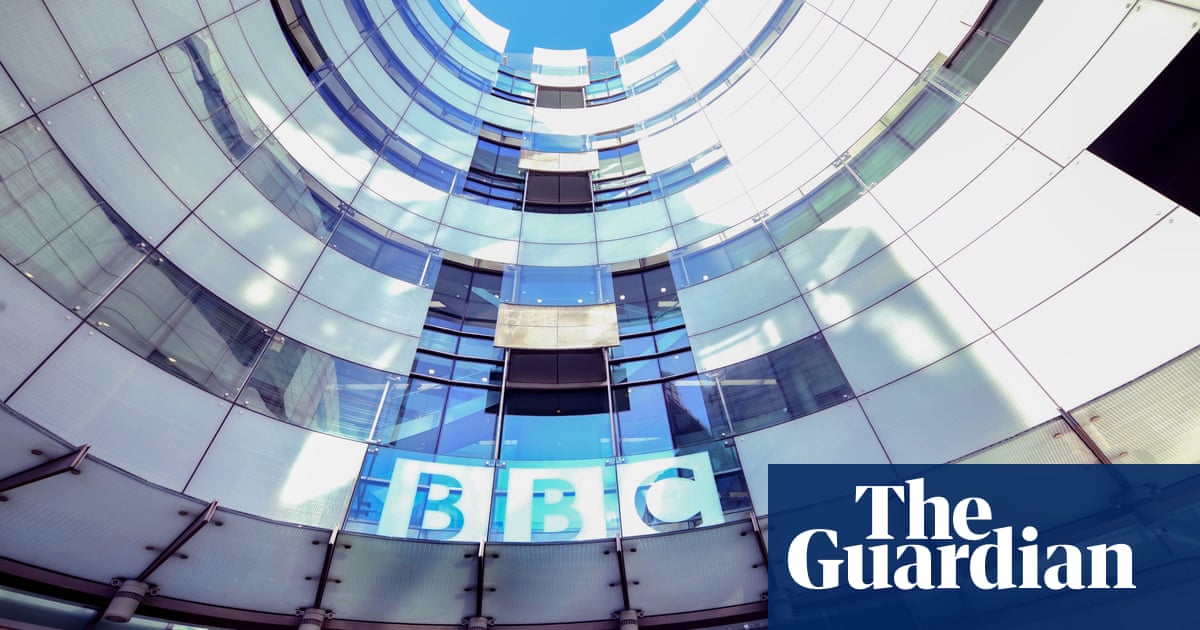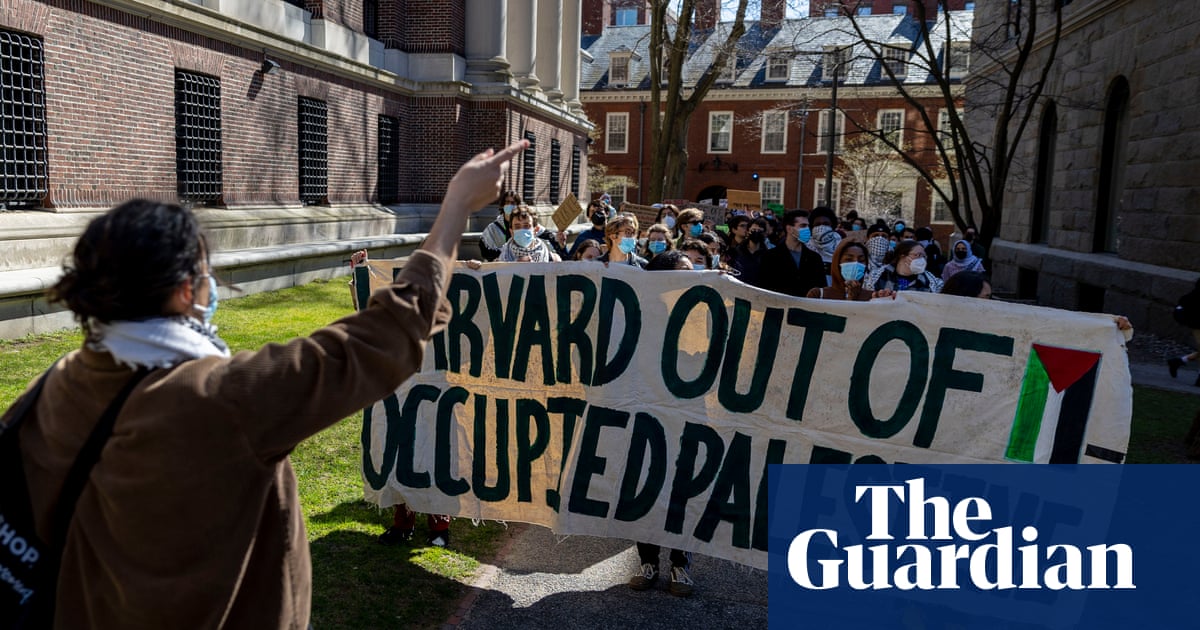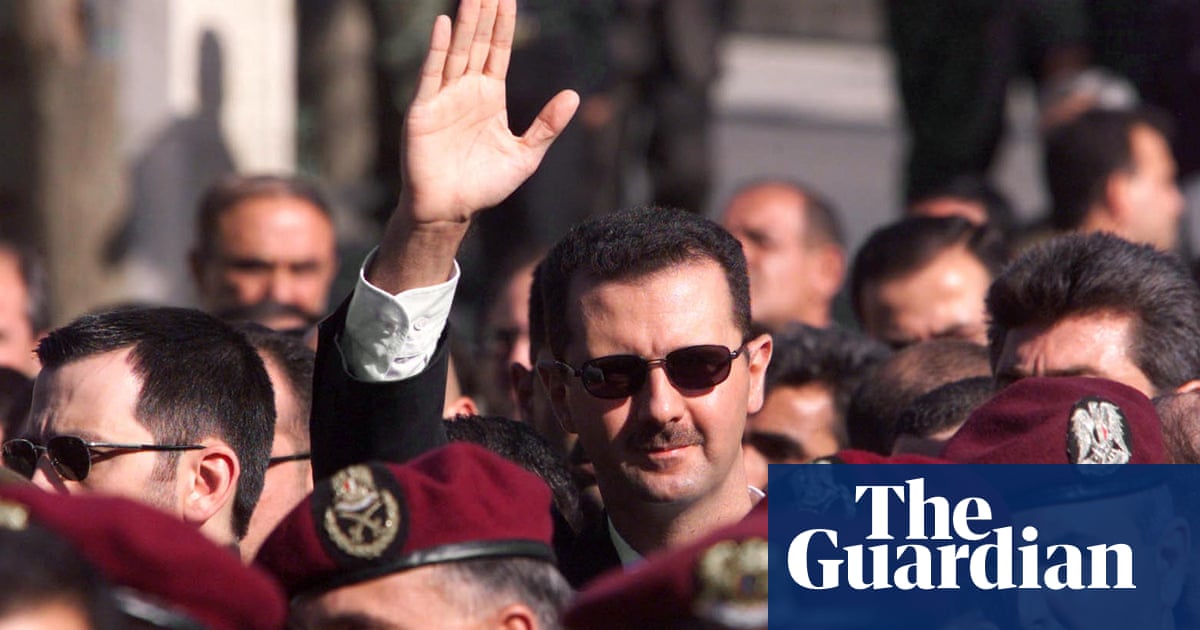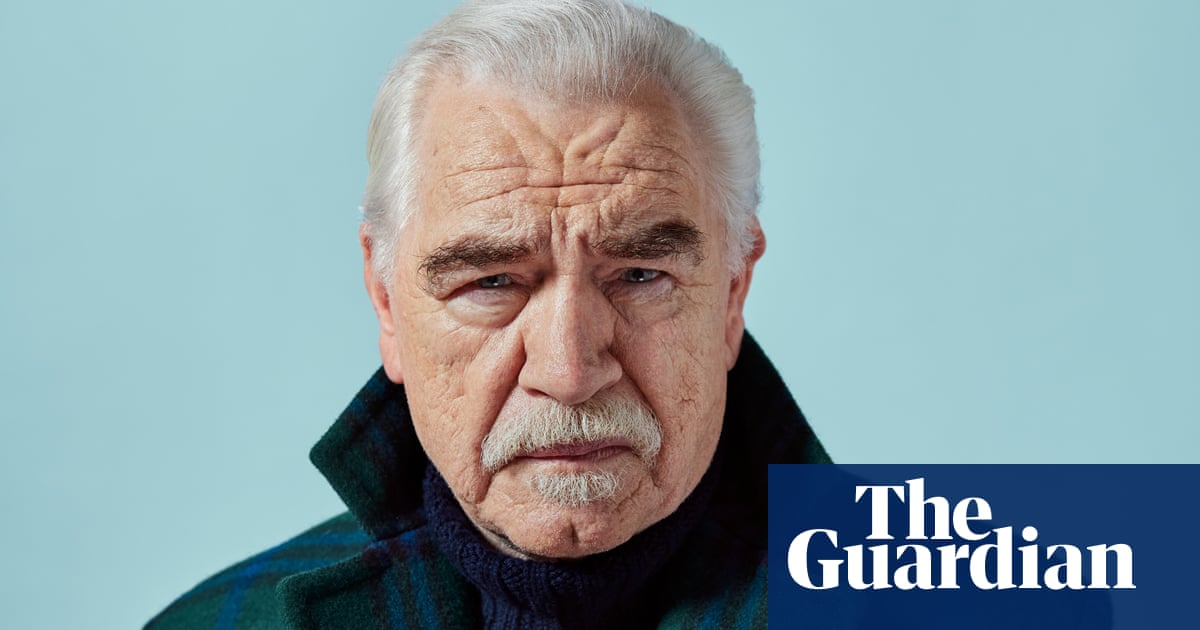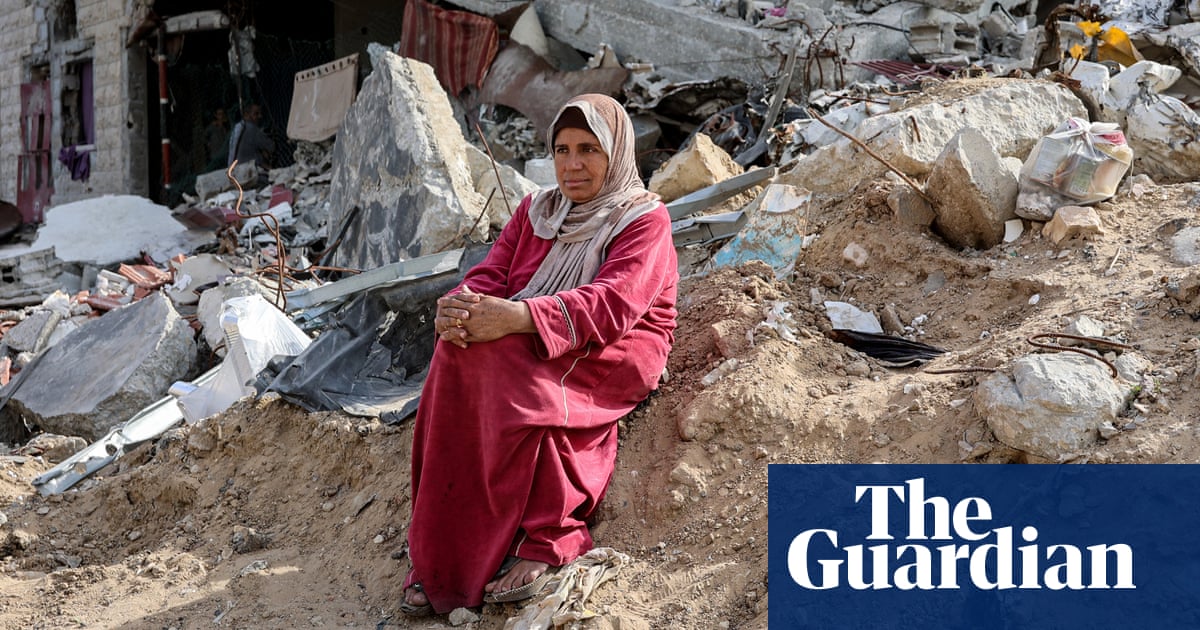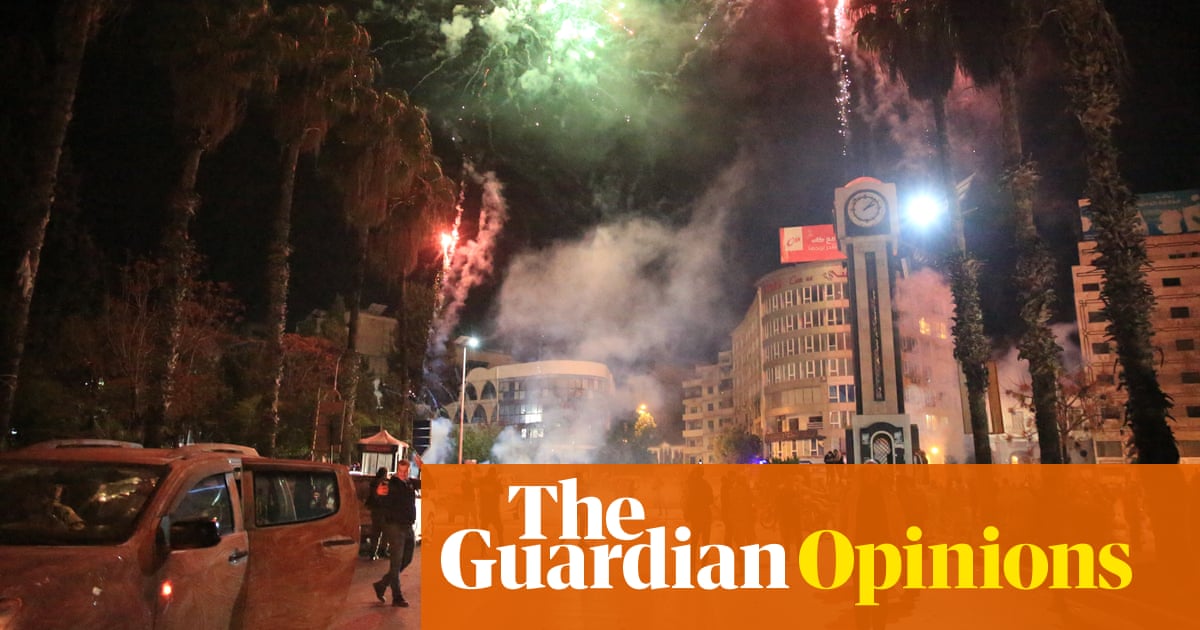Moammar Ali has been searching for his older brother for 39 years.
In 1986, Syrian soldiers arrested the university student Ali Hassan al-Ali, then 18, at a checkpoint in north Lebanon. Moammar has not heard from him since.
He spent the next three decades visiting different security branches in Syria, where he would receive conflicting information on the whereabouts of his brother.
“There was no place in Syria we didn’t visit. We went around the whole country asking what happened to him. One day they would admit they had him in prison, the next day they would deny it,” Ali, a resident of Akkar, north Lebanon, said.
The last information Ali received about his brother was that he was being held in a military security branch in Damascus on charges of political agitation. Then, Syria’s revolution and subsequent civil war began and Ali no longer received any updates on his brother’s status.

Until Thursday night, when Ali’s phone started to buzz. Friends, relatives and family members began sending him the same picture: a bedraggled man in his late 50s, standing dazed in front of the Hama central prison in north Syria.
“They said he resembled me. I told them: ‘this is my brother!’ The feeling … it’s indescribable. Imagine that I haven’t seen him for 39 years and then all of a sudden his picture is sent to you, how would you feel?” Ali said.
His brother, who entered prison as an 18-year-old, was now 57. “He has come out of prison as an old man.”
Ali’s brother was one of the thousands of prisoners released from Syrian government prisons in Aleppo and Hama after Islamist rebels led by Hayat al-Tahrir al-Sham (HTS) captured the city. In the last week, HTS-led forces have routed those of the Syrian army in north Syria in a stunning offensive – the most serious challenge to Bashar al-Assad’s control of Syria since the revolution in 2011.
One of the first actions rebels took in newly captured cities was to release detainees from government detention centres. Videos showed stunned-looking people emerging from prisons, where joyous crowds awaited them.
Syrians prisons, where an estimated 136,000 people were detained up until this week, are to many emblematic of the government repression that earned Syria the title of the “Kingdom of Silence”. Thousands of protesters were arrested during the revolution for speaking out against the government.
Leaked documents showed the Syrian security apparatus viewed prisons as a key way to crush dissent and stop the momentum of peaceful protests. The vast network of security branches, detention centres and prisons grew notorious for their brutal torture methods, which rights groups said were applied on an industrial scale.

“A lot of those who had been forcibly disappeared previously, we discovered that they had been killed. A considerable amount had been killed under torture,” said Fadel Abdulghany, the founder of the Syrian Network for Human Rights who is originally from Hama.
Abdulghany said that while the release of political prisoners should be celebrated and encouraged, indiscriminate, mass release of prisoners could carry significant risk – particularly if violent offenders were also let out.
The sudden release of thousands of prisoners created renewed hope for families who had heard nothing about the fate of their loved ones for years. Grainy screenshots of released detainees circulated on WhatsApp groups around Syria and neighbouring countries, as family members tried to see if their relatives were among those released.
“You can’t imagine how it was yesterday; a lot of friends contacted me to ask about my father,” said Jinan, a resident of a border village in south Lebanon who spoke under a pseudonym for fear of security repercussions for her family.
Jinan’s father was arrested in 2006 after crossing into Syria during the Hezbollah-Israel war to find refuge for his family. “As soon as he arrived at our relatives’ house, there was a knock at the door and he was arrested,” Jinan said. She had not heard from her father since.
Jinan and her family made several visits to Syria to inquire about her father’s release. After paying about $5,500 (£4,300) to various intermediaries, she was told her father was either being held in Branch 235 or Sednaya prison – two detention centres in Damascus infamous for torture.
“We still have hope, I feel like he’s still alive and I think he will come back and live with us. I don’t support any armed groups that are killing people, but if my father comes back … We need him,” Jinan said.
Confusion has reigned as the fast-changing political dynamics in northern Syria make it difficult for authorities to identity who has been released – and return them to their families.
Ali has still not been able to make direct contact with his brother and has spent the past 24 hours trying to track down who took the photo of him after his release from prison.
“When he comes home, we will have a big celebration. But until I smell him, until I can say, ‘Here he is, my brother,’ nothing counts,” Ali said.

 3 months ago
56
3 months ago
56

